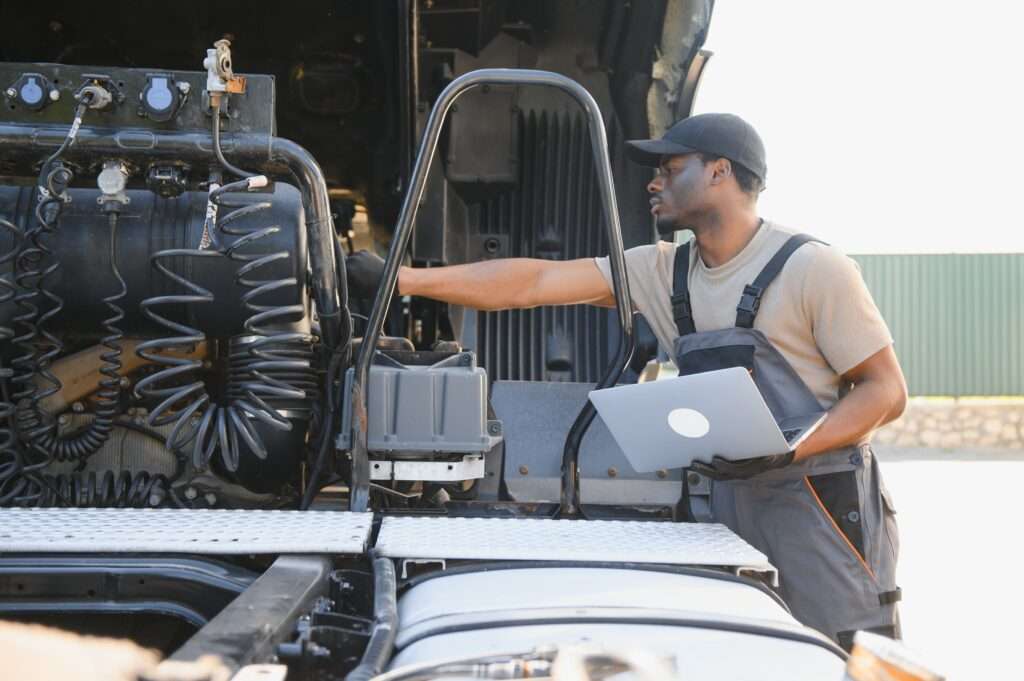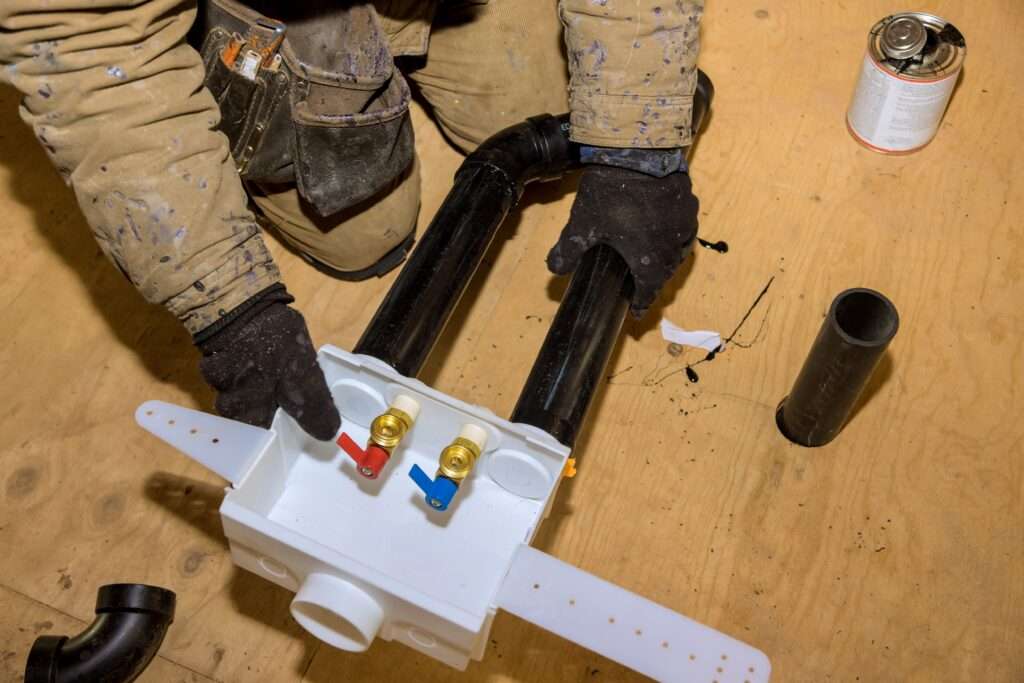Student Resources

Explore More Articles
The Future of Education: AI Skills Every Graduate Needs
AI Boom: Industries on the Rise vs. Industries in Decline
AI for Educators: Degrees That Train You to Teach AI
Degrees That Will Thrive in the AI Business Era
The AI-Resistant Creative Skills You Should Build Now
Explore Degree Subjects
Unlike a four-year college degree, most trade paths can be started quickly and affordably. Veterans can use GI Bill® benefits to pay for technical training, certifications, apprenticeships, and more—many of which lead to high-paying jobs in under two years.
And thanks to your military background, you may be able to skip beginner levels, fast-track certifications, or gain advanced placement in apprenticeship programs.

The GI Bill® can fund a wide range of trade-related programs, including:
You may also qualify for:
Contact your selected program’s certifying official to enroll and start training.
Salaries provided by BLS.

Why it fits: Strong attention to detail, structured processes, and opportunities within VA healthcare systems.
Median Annual Salary:
$50,250

Why it fits: Strong overlap with military electrical systems, great union support, and leadership pathways.
Salary:
$60,000–$100,000+

Why it fits: Precise technical work, climate systems, and strong growth in residential and commercial markets.
Salary:
$50,000–$90,000+

Why it fits: Clean, skilled work with certifications available through fast-track programs for vets.
Salary:
$45,000–$85,000+

Why it fits: Many military mechanics move easily into civilian diesel or auto shops—some with bonus pay for ASE certifications.
Salary:
$46,000–$75,000+

Why it fits: Excellent apprenticeship pathways, job stability, and leadership opportunities.
Salary:
$58,000–$100,000+

Why it fits: Skills from operating tanks, forklifts, or loaders in the military translate directly.
Salary:
$48,000–$85,000+
Some trade programs allow veterans to skip entry-level training and jump straight into advanced courses or mid-level apprenticeships. Look for:
The best part? Some of these programs pay you to train, while others let you start working while you finish certs.
Skilled trades don’t just offer jobs—they offer careers for life. Many veterans find:
Whether you’re looking to get certified quickly or build toward leadership, trade careers offer you the chance to own your transition and build with purpose.
Transitioning from military to civilian life doesn’t mean leaving your skills—or your drive—behind. In fact, it’s the perfect time to channel your experience into a high-demand, high-respect trade career.
The trades offer more than just a paycheck. They offer structure, respect, and the pride of seeing your work make a real-world impact. With GI Bill® funding, veteran-focused programs, and national demand, you have every resource to succeed.
It’s your time to build something new. Start strong. Start skilled. Start now.

Yes. The GI Bill® covers vocational training, apprenticeships, and non-degree programs in skilled trades—including tuition, housing, and sometimes tools or exams.
Top trades include electrician, HVAC, diesel tech, welding, plumbing, and construction—all of which align with common military specialties and are in high demand.
SkillBridge allows active-duty service members within 180 days of separation to train or intern with civilian employers full-time. It’s paid by the military and doesn’t use your GI Bill®.
Yes. Many programs offer “credit for prior learning,” letting you skip beginner courses or enter advanced training based on your MOS or service experience.
Start with VA’s GI Bill® tool or organizations like Helmets to Hardhats, VET TEC, or your local union chapter’s veteran outreach program.